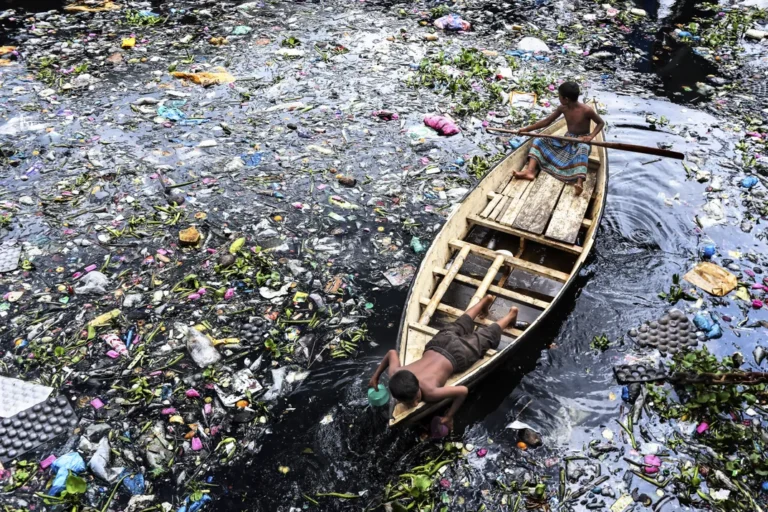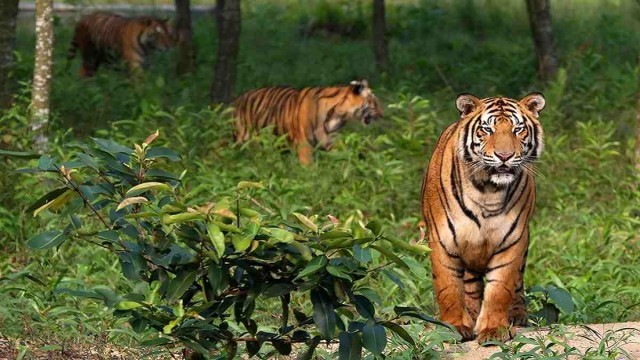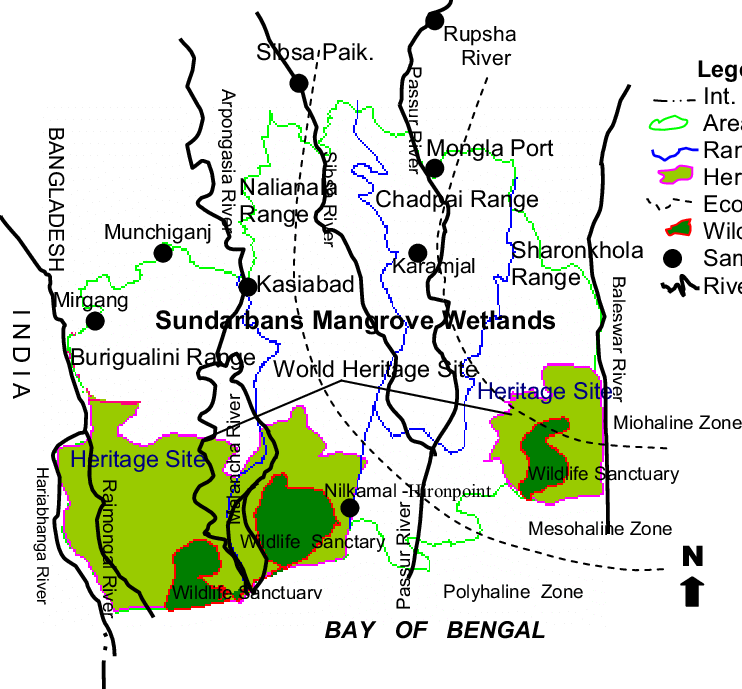Environmental Degradation: A Consequence of Poverty
Environmental Degradation: A Consequence of Poverty Poverty and environmental degradation are two of the most pressing global challenges of our time, often intertwined in a complex and devastating relationship. While environmental issues are frequently discussed in terms of industrial pollution or climate change, it is crucial to recognize the profound role that poverty plays in […]





